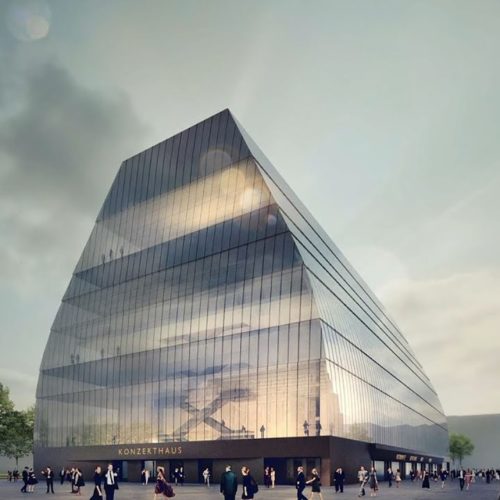Munich cools on Rattle’s new hall
mainThe ever-reliable Abendzeitung reports that the city has redone its sums and is pulling back from building a new concert hall.
The costs have apparently spiralled above one billion Euros, and Covid has left everyone patting their pockets.
Read here.







Comments